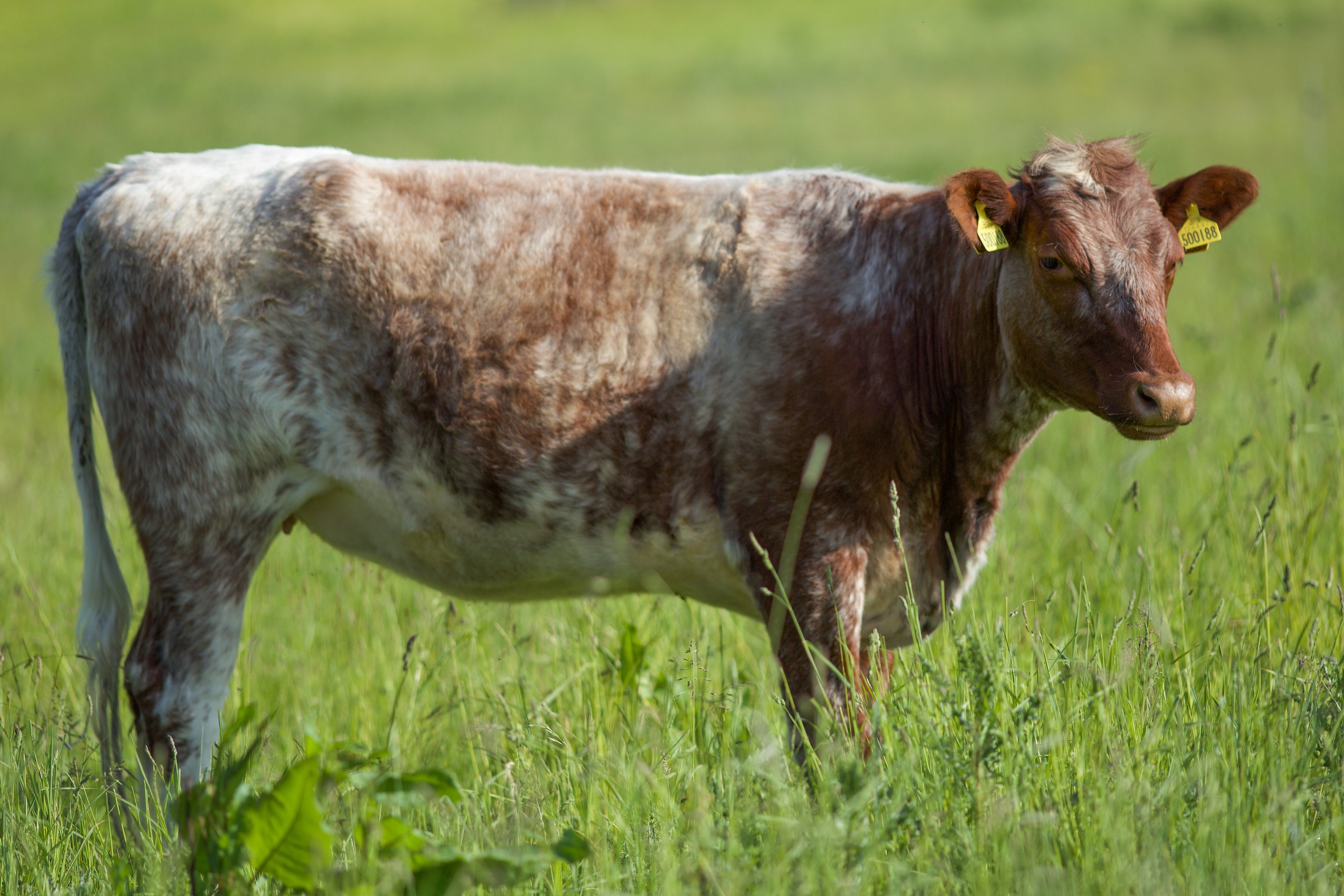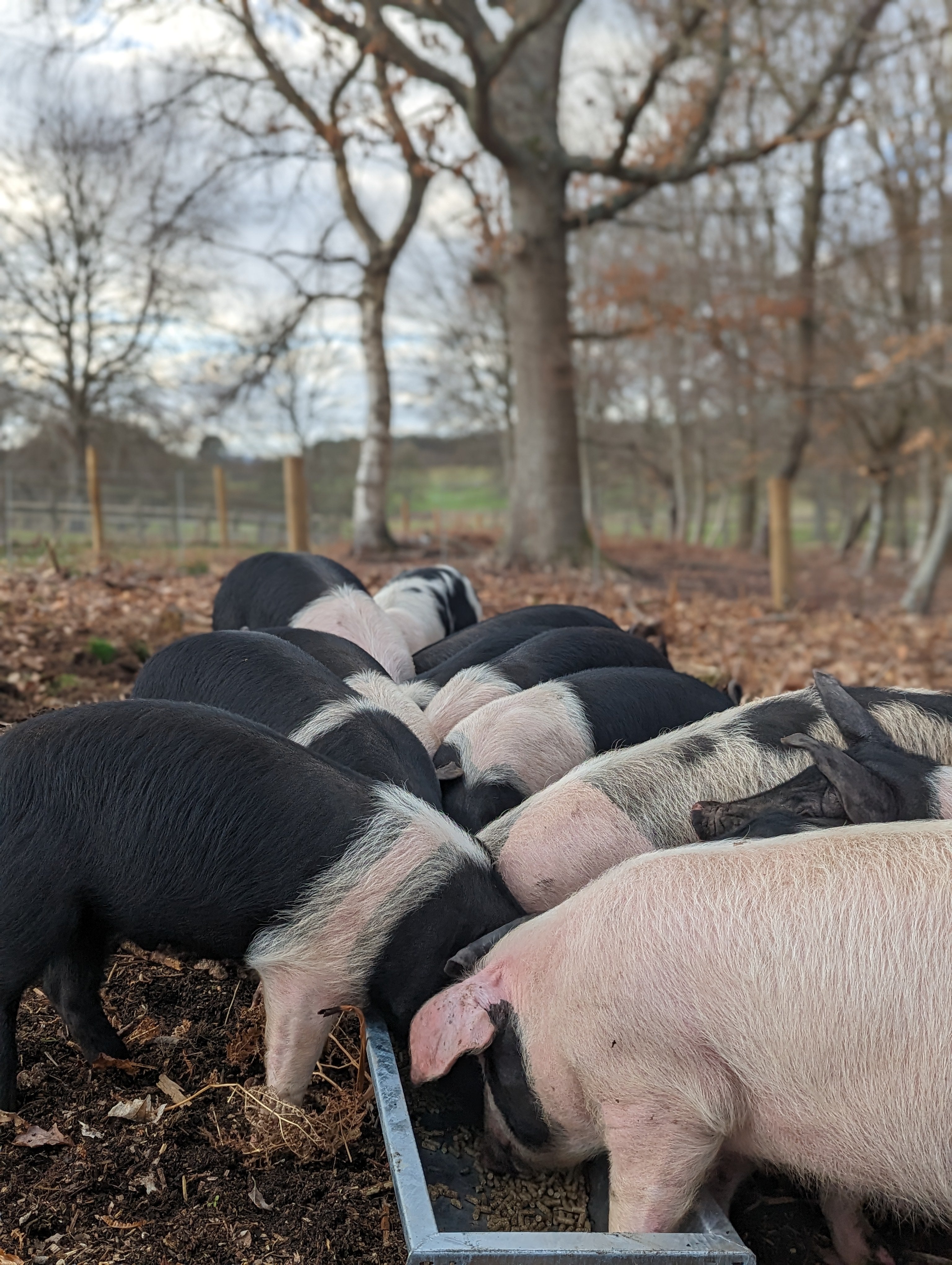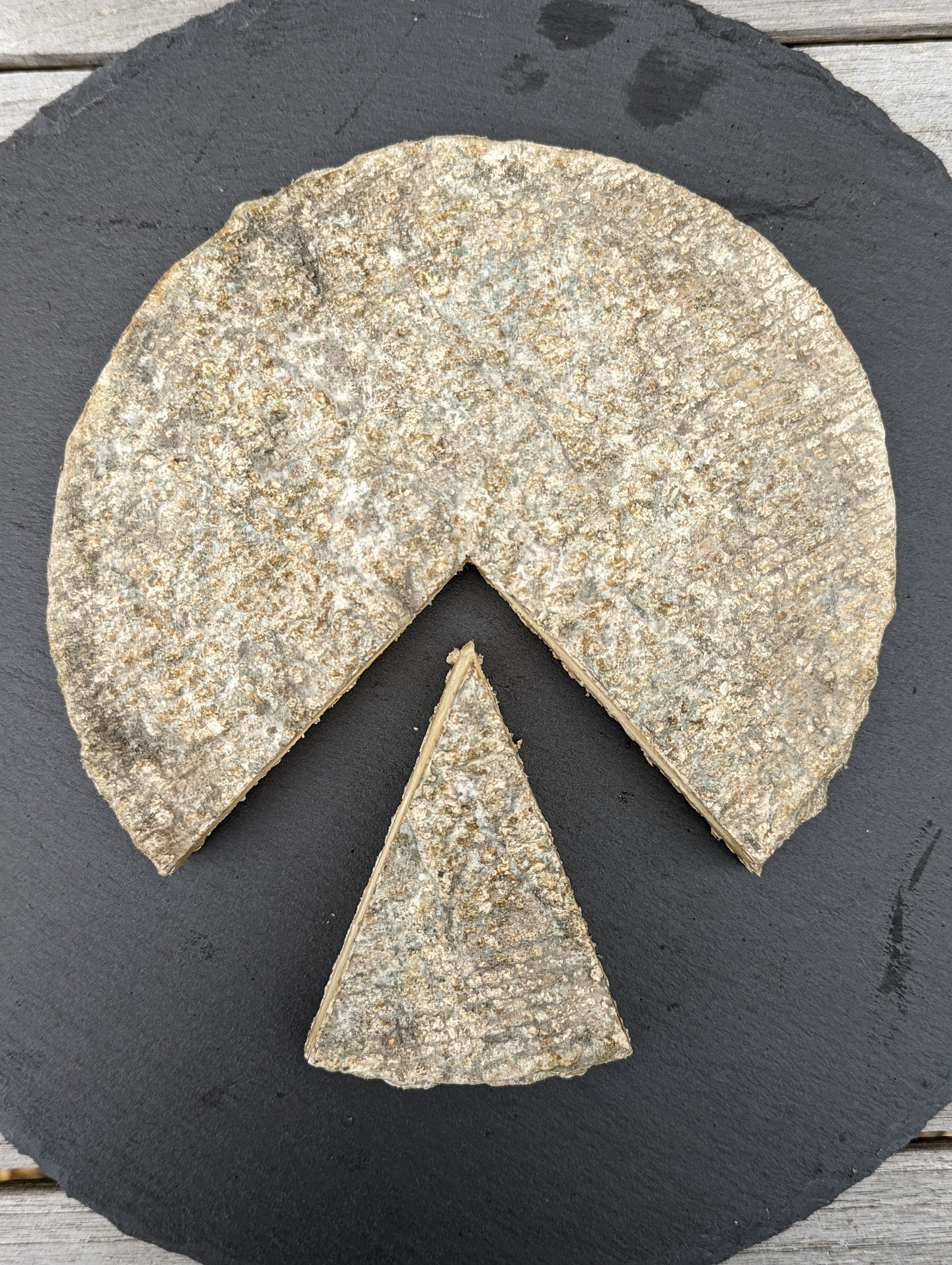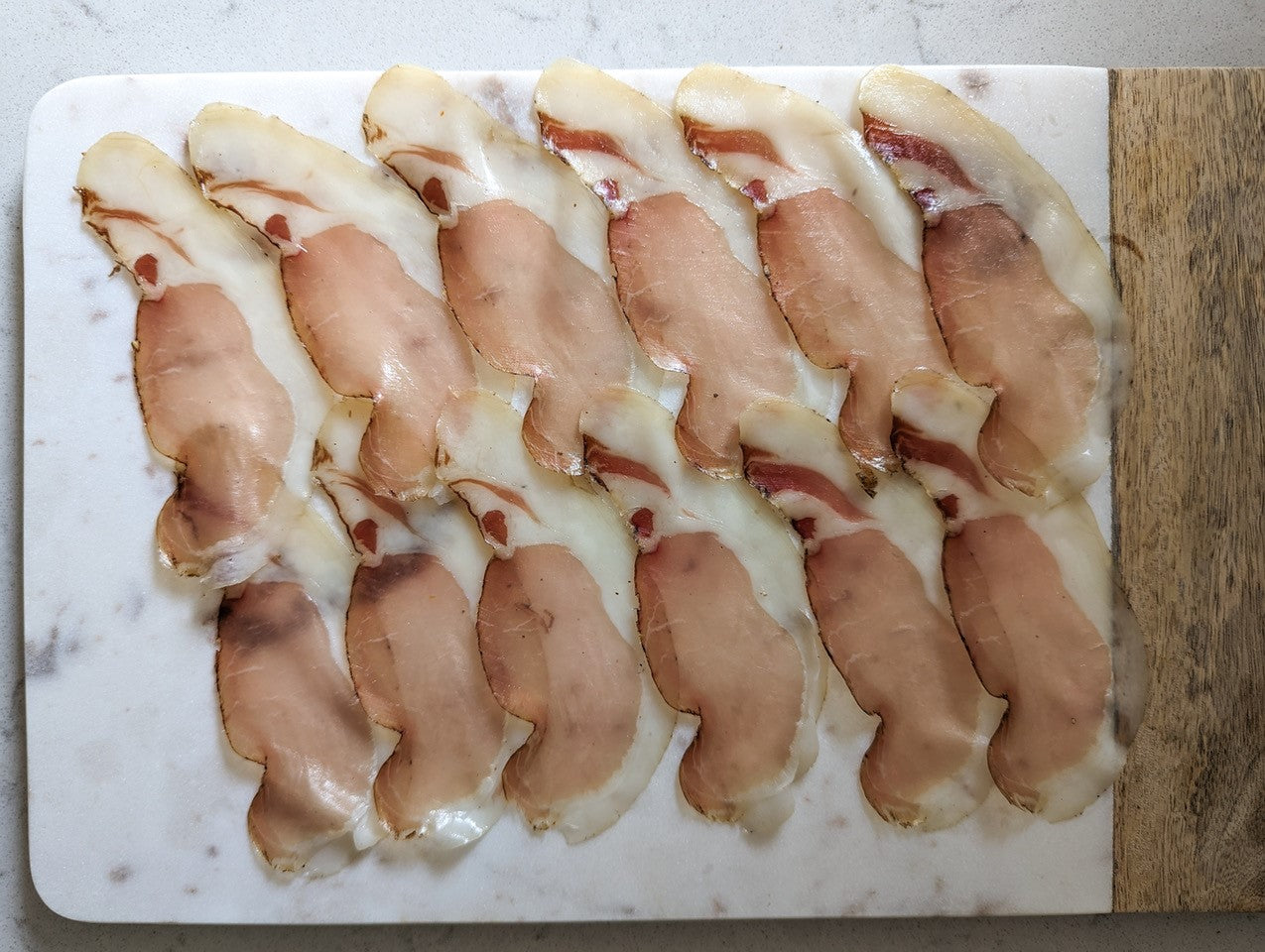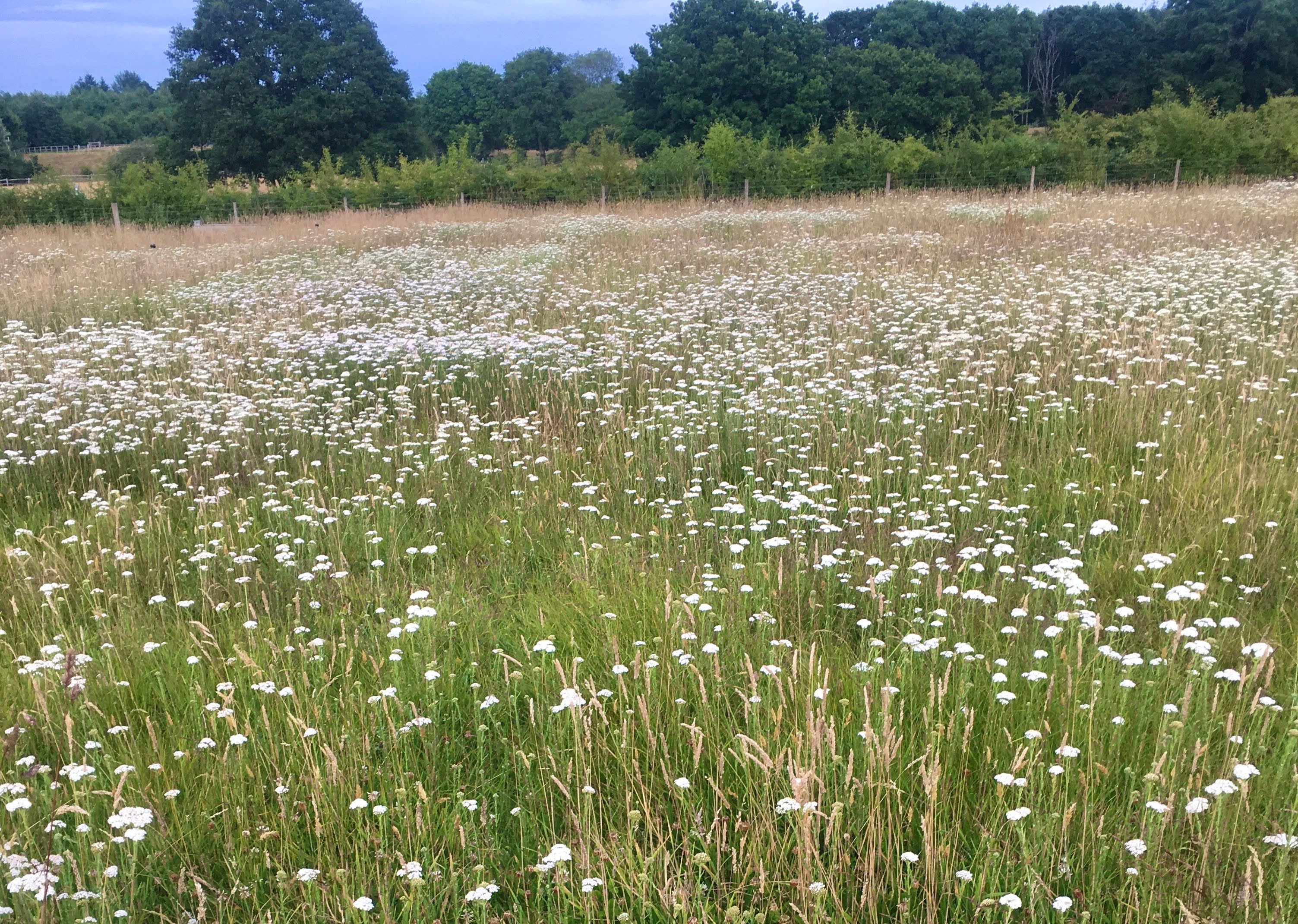Frequently Asked Questions
Why are your cows 100% grass-fed?
A cow's natural diet is grass but modern dairies feed grains, soy and corn to increase the amount of milk they can get from their cows.
However, these feeds are extremely detrimental to the cows digestive system and leads to lots of health problems.
We prioritise our cows health and we therefore don't chase higher milk yields at the expense of our cows' well-being.
Why do we keep the calves and cows together?
We are happy to share the cow's milk with her calf.
Calves have a much better start to their lives if they can receive all the nutrition from their mum's milk.
The calves also build up their immune system in the herd which helps them later on in life.
It's also very important for us that the calves "learn how to be cows" from the matriarchs in the herd so that they pick up good habits and routines.
Finally, if a cow keeps her calf for 4 months and then has the calf gradually weaned, this puts less stress on the cow and is better for her health.
What happens to the calves after they are weaned?
Our heifer (girl) calves stay in our dairy herd as they will eventually become dairy cows themselves.
Our bull (boy) calves join our beef herd which are reared on our sister farm Lavington where they have No-Fence collars and have the ability to range the estate.
Do we milk our cows all year round?
Our cows are milked seasonally from May until December. This is so we give our cows a good break over the winter and not demand too much from them over the winter.
Why do we not house our cows?
Housing cows presents many challenges for cattle health - specifically respiratory health.
We are fortunate to have free draining soil and established woodlands which acts as a barrier for wind and rain for the cows.
What do we feed our pigs?
Our pigs have 10 acres of woodland to forage but we do supplement their diet with soy-free organic pig feed and whey from cheesemaking.
